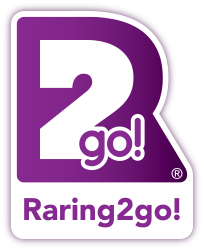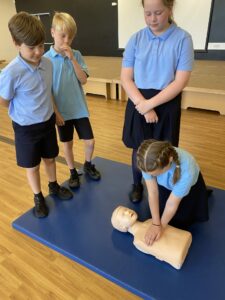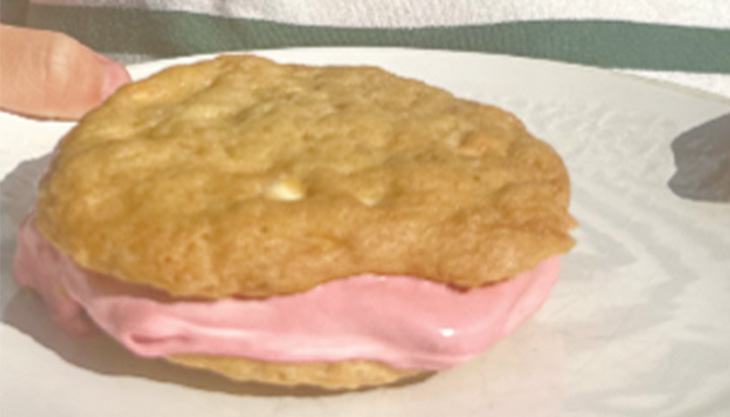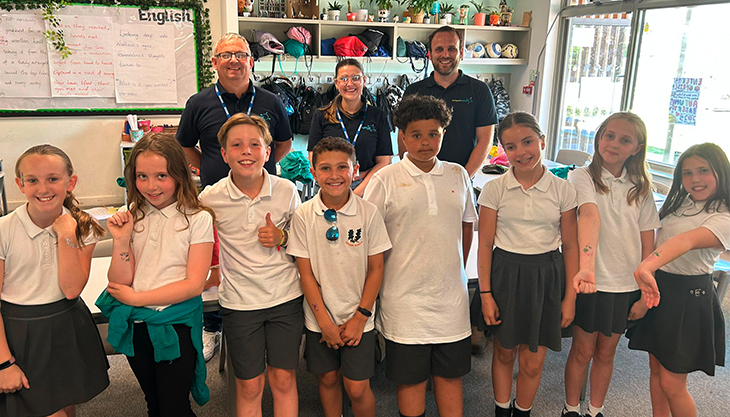Little LifeSavers – Creating a nation of life savers
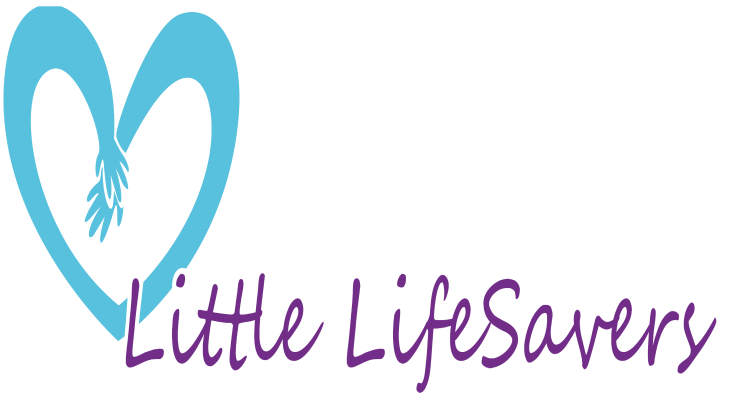
Introducing Little LifeSavers
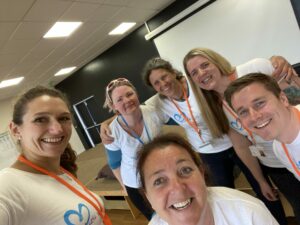
Little LifeSavers is a UK-wide charity teaching Basic Life Support Skills- including simple hands-only CPR- to school children in years five to eight for free. “We believe everyone, at every age, should know CPR.”
Since we began in 2016, we have trained over eight and a half thousand children, with a vision to make our session available to every school in the UK and reach every child in our target age range.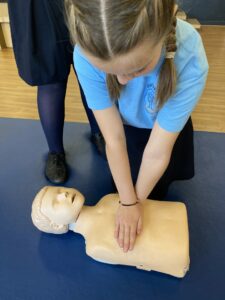
What Do We Teach:
Our charity session teaches four very simple skills which are:
- Management of Choking
- Hands-Only Child CPR
- Hands Only Adult CPR
- Recovery Position
The emphasis of the session is on rescuer safety, calling for help effectively and taking the first action that could save the casualty’s life. The model is standardised, scripted and teaches bystander level skill only- so is suitable for absolutely everyone to learn – especially children.
How Do We Deliver Our Sessions?
Our volunteers come from many diverse backgrounds. We actively invite all adult members of the population to volunteer with us, learn our simple session for themselves, then come together in groups of three to teach it to the children at schools local to them. Whilst first-aid or medical training is valued, it is not a requirement to volunteer, because our session is straightforward to learn and then replicate in a local school.
Our charity supports all volunteers with learning the session content, by providing the CPR manikins to teach with and the framework to organise volunteer availability.
Sessions take just one hour of teaching time to deliver in a school hall, to a maximum of sixty students in term time only.
What are the Benefits of Volunteering?
Not only has volunteering been shown to help improve mental health and wellbeing, but volunteers get to regularly practice these simple skills by teaching them, which is likely to increase the confidence of a volunteer to use these skills themselves, should they ever need to.
Volunteers also report feeling quite a buzz of achievement after teaching a session and a new volunteer said “That’s the best hour of my time I’ve spent in ages”
Volunteers also say that the engagement of the children, their enthusiasm and wholehearted participation in the session adds to their confidence. The satisfaction of knowing they are equipping
and empowering young people to take action and help a choking or collapsed casualty if they ever need or would like to, makes volunteering incredibly worthwhile.
One volunteer shared their favourite part of volunteering:
“Being able to watch kids really get into the training – to see them engaged and encouraging each other. I think knowing you are giving them the chance to save a life, you’re building the confidence in the future generations of tomorrow. You’re teaching children the value of supporting one another. That’s my favourite part of volunteering.”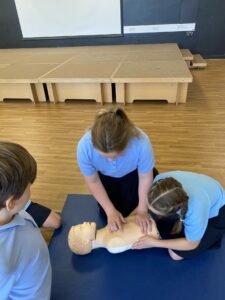
It makes a difference.
Being suddenly faced with someone who is choking or unresponsive is very daunting. Research has shown that bystanders who have performed CPR show fewer markers of stress psychologically after the event compared to those who simply witnessed it.
Equipping and empowering all adults with these skills-through inviting them to volunteer and give just a little time to teach local children can and has made a real difference and we are delighted to share that two of the children who received our training have used the skills to save lives.
Henry Collette successfully saved his own father Jules, by performing CPR. Jules returned to work just six weeks later.
Summer Terry witnessed her little sister choking on some food. By calmly calling for help and performing back blows, her sister was able to cough successfully enough to clear her airway. You can learn more about both Henry and Summer on https://www.littlelifesavers.org/meet-our-little-lifesavers/
A staggering 70% of cardiac arrests that do not happen in hospital, happen in the home. With ambulance attendance times as long as nine minutes or more, it is more important than ever equip and empower everyone in the home to step up in an emergency. Teaching children has the added benefit of developing their confidence; shaping their ethical and moral responsibility; and moulding them into caring, supportive societal members.
The 999 Target.
Stories like Henry and Summer are why we do what we do. We want to create a whole nation of Little LifeSavers, which is why we’re setting a new ambitious goal.
We aim to teach 999 new Little LifeSavers in schools between the charity’s 6th birthday on September 16th and Restart a Heart Day on October 16th.
We’re going big and pledging to train 999 children, and we need parents and school and children to book us in, to be taught by us, to advocate for us.
It’s easy to help us create some Little LifeSavers near you. If you would like to find out about volunteering visit www.littlelifesavers.org/get-involved
If you can’t volunteer due to work commitments then follow us on social media to keep up with all our Little LifeSavers and help spread the word of our charity.
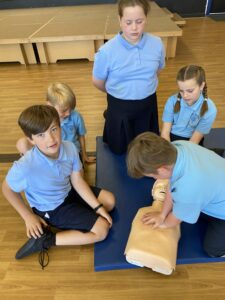
For schools interested in a free Little LifeSavers session, Book a session
Little LifeSavers. Creating a Nation of LifeSavers
